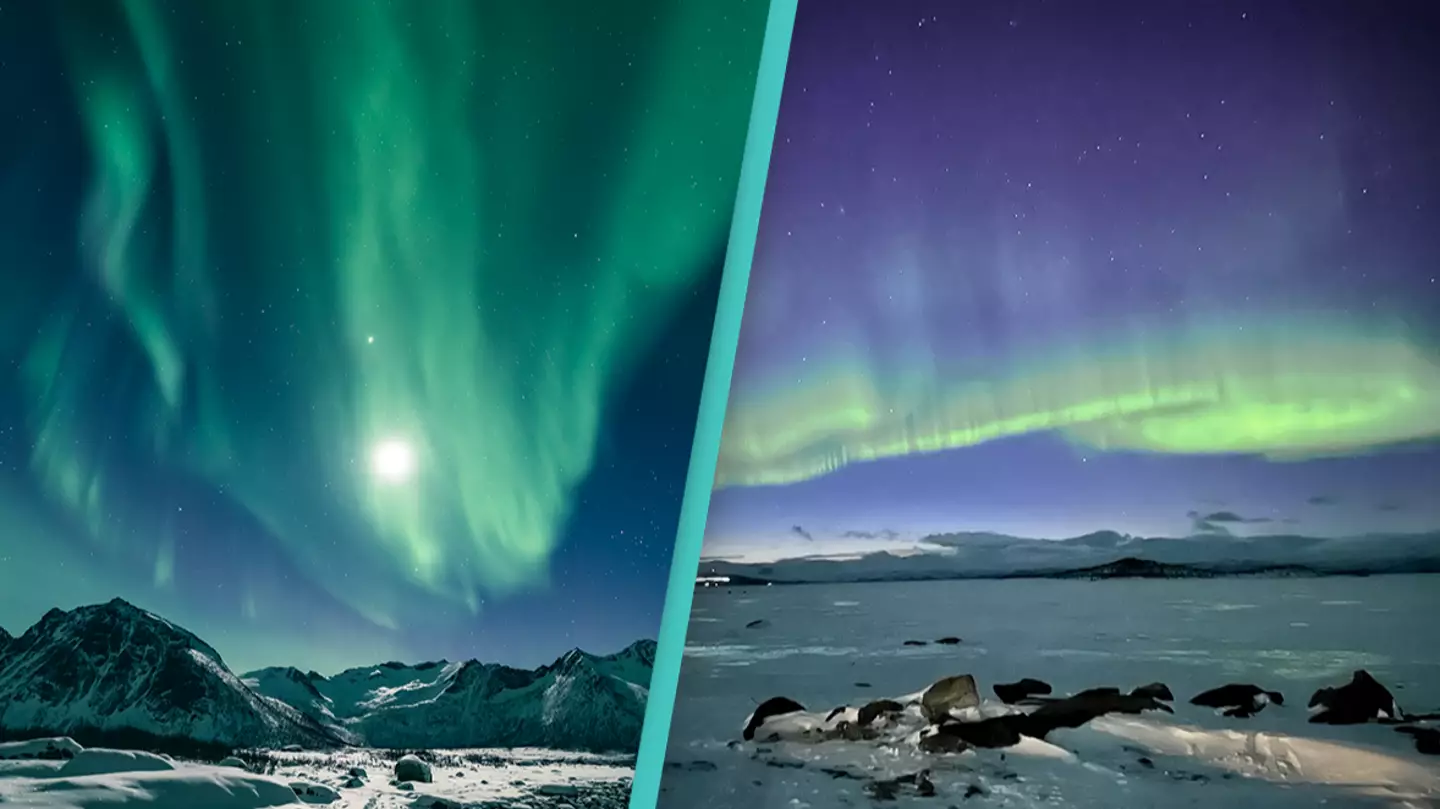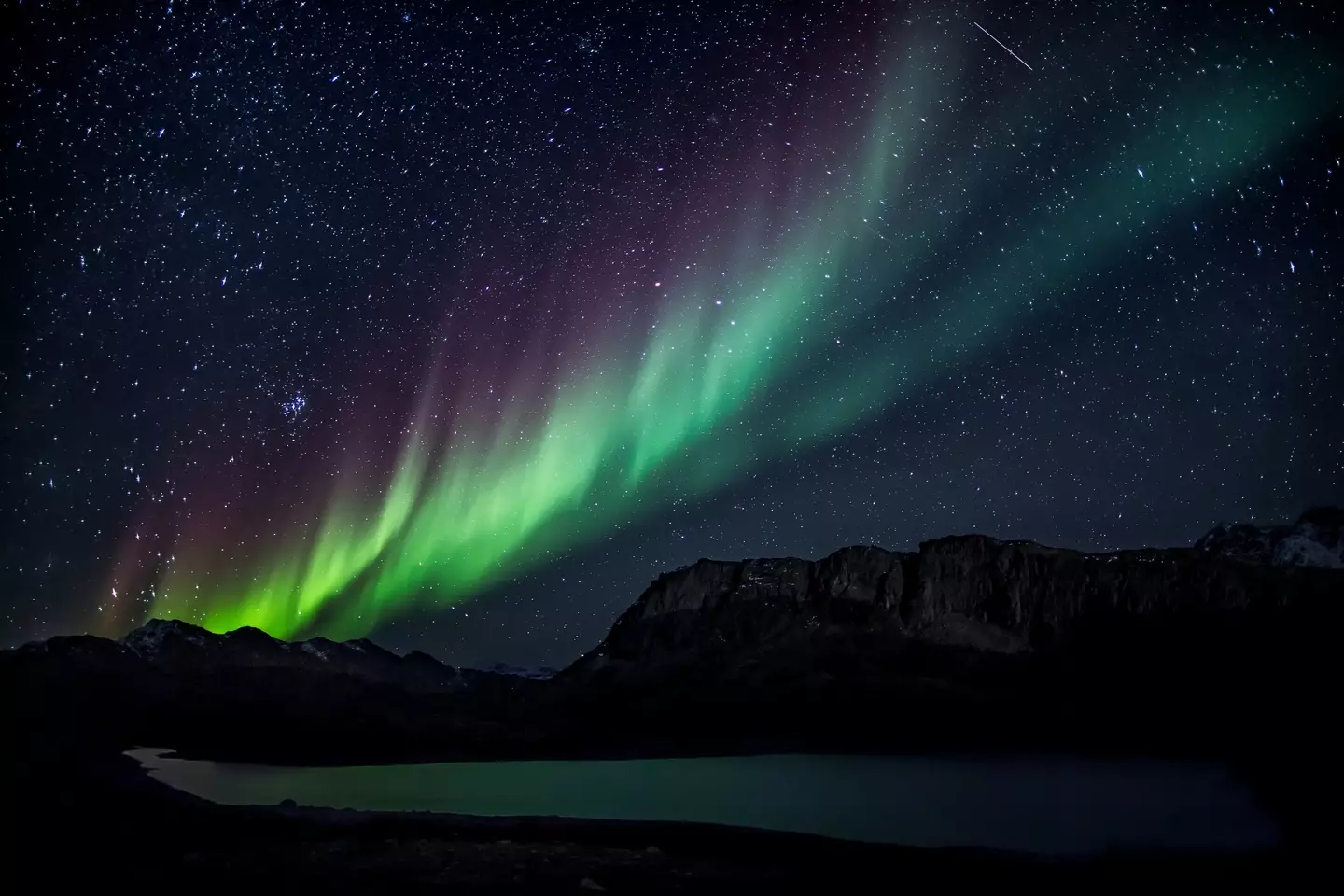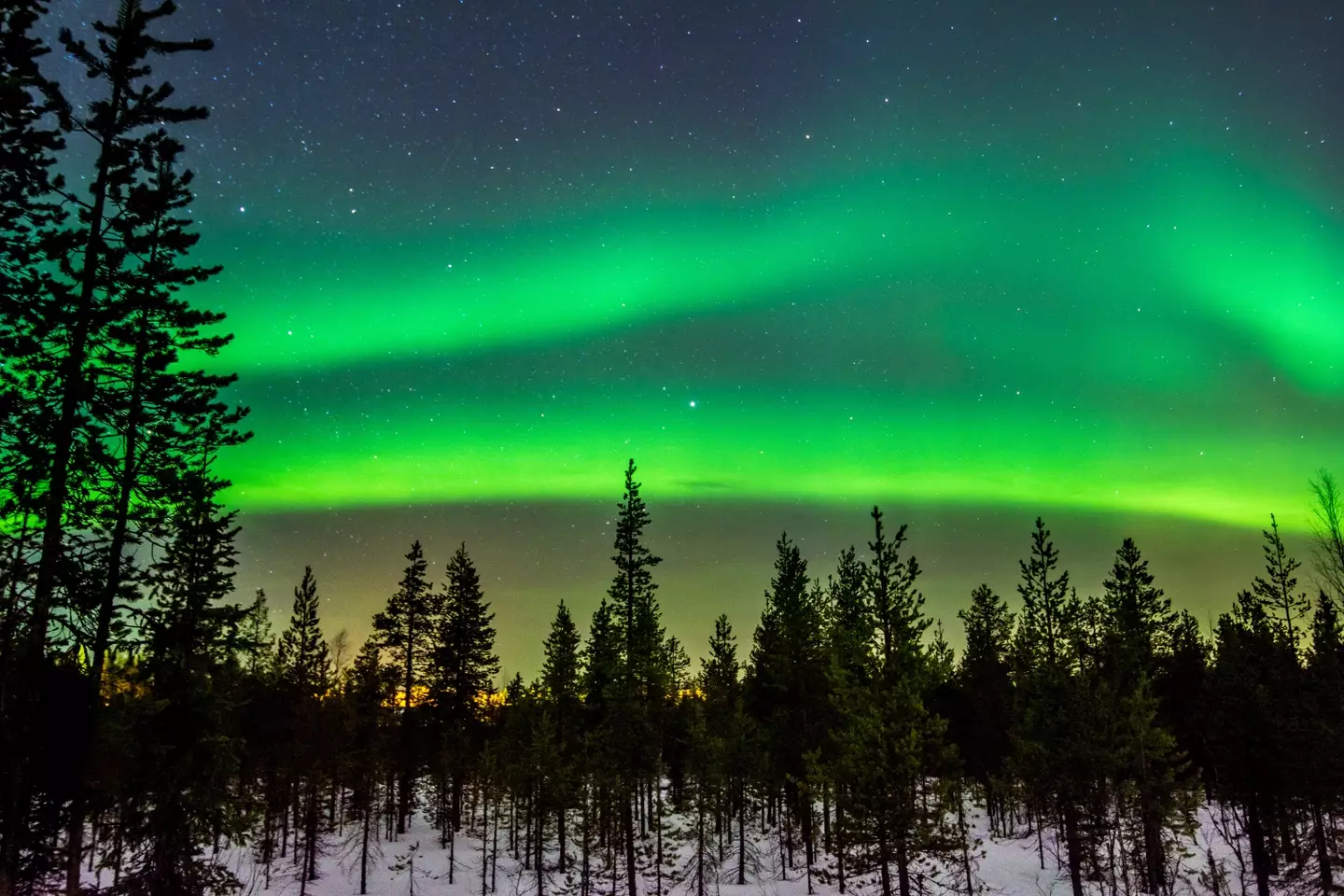
It's not often something you associate with Aurora Borealis - also known as the Northern Lights - but the noise it makes is quite frankly terrifying.
If you are brave enough to take a listen, check it out:
The sound has fascinated and intrigued people for years, with comparisons drawn between the sounds of a waterfall from a distance or the noise static makes.
Indigenous communities have also reported hearing the sounds. Mamie Williams, a member of the Tlingit tribe in Hoonah, Alaska, said: “It’s our ancestors letting us know, ‘We crossed over but we’re still here with you',” CNN reports.
Advert
Reports have described the noises for more than a century, but it wasn’t until recordings made by acoustic engineer Unto Laine from Aalto University in Finland in 2012, were they confirmed to be real.
Since auroras are mostly known for the mesmerising bright dancing waves of light that paint the sky, it’s understandable why so many of us had no idea they also have a sound.
Back in April, Reddit users discovered the noise, which was described as ‘unsettling’.
In a thread asking for sailors, or those who work at sea, to share the ‘most creepy or most amazing sight’ witnessed, Aurora Borealis had a few mentions.
Advert

One commenter said: “Seeing them [Northern Lights] is absolutely spectacular. Hearing them though was unsettling for me.”
The thread immediately filled with people sharing their reactions to the sound.
“God, no wonder people thought they were spirits,” one person replied.
Advert
A second Reddit user penned: “I didn't hear any whistles, but I have heard people say that. I heard more crackles and pops?”
While a third said: “Sounds like someone adjusting their transistor radio from space.”
Auroras occur after disturbances in the earth’s magnetosphere – the region of space around the earth that is dominated by the planet’s magnetic field.
The disturbances are the result of particles flowing from the sun and interacting with gases in the magnetosphere.
Advert
Laine and his colleagues believe they have figured out what causes the noise some people report hearing.
He published his temperature inversion layer hypothesis in 2016, which suggests that the sound people associate with aurora borealis, comes from electric discharges at lower altitudes of around 70 and 90 meters.
This happens during calm and clear weather when a temperature inversion layer is produced. This is a layer in the atmosphere where the air warms with height rather than cooling with height.
Laine said: “In the evening of a sunny day, warm air close to the ground starts to rise while the ground temperature drops. Finally, the rising of the warm air stops typically below an altitude of 100 meters (328 feet).
Advert
“This layer of a warm air, having colder air above and below it, is called temperature inversion layer.”

His work suggests there’s probably a causal link between the auroral sounds and geomagnetic activity. The process which creates the sounds is different to the process that creates the light displays, but because they’re both produced by geomagnetic activity, they appear together.
Laine uses a three-microphone set-up, a VLF (very low frequency) loop antenna connected to a digital recorder with four channels to record the sounds.
Advert
The ‘largest surprise’ from his research was that both the aurora sound and aurora borealis can be observed separately and together. They don’t have to coincide.
Laine told Sciencealert.com: "The sounds are much more common than anyone thought, but when people hear them without visible aurora, they think it's just ice cracking or maybe a dog or some other animal.”
